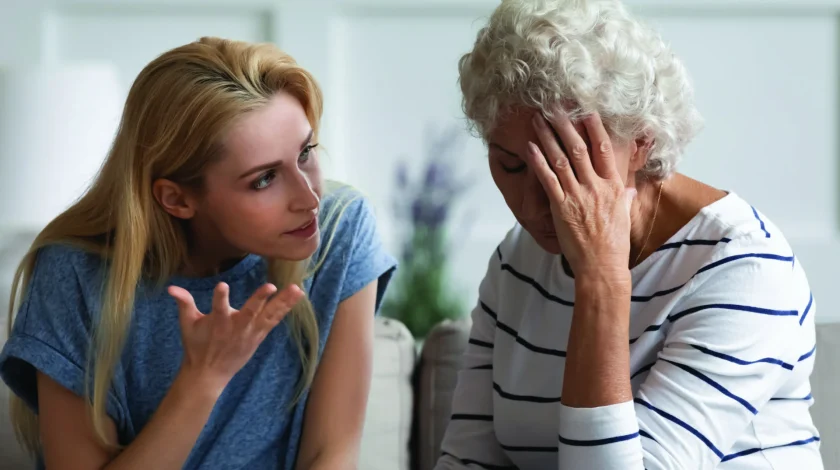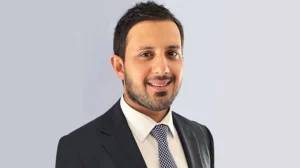Credit: Nepean News
The definition of ‘elder abuse’, as adopted by the World Health Organisation, is “a single or repeated act, or lack of appropriate action, occurring within any relationship where there is an expectation of trust which causes harm or distress to an older person.” Sadly, Wills & Estates Lawyers Karina Penfold and Lisa Barca of Coleman Greig have seen a steady rise of elder abuse within their practice, and are actively working to inform their clients of the different types of abuse, signs to look out for, and where to seek support.
Elder abuse can take different forms including physical, psychological, sexual, financial or neglect. A study conducted by the Australian Institute of Family Studies found that the most likely perpetrators of elder abuse (with the exception of sexual abuse) were adult children, with psychological and financial abuse ranking the highest.
Psychological abuse involves an act that causes emotional pain or injury to an older person. It can include insulting or threatening a person, acts of humiliation or disrespect, and controlling behaviours including confining or isolating a person, such as restricting the ability of other family members or friends to interact with the older person.
Financial abuse involves misuse or theft of an older person’s money or assets. This can include behaviours such as using funds without permission, using a document such as an Enduring Power of Attorney or a third-party authority for purposes outside of what was intended by the document, withholding care for financial gain and selling or transferring property against the older person’s wishes.
A carefully considered Enduring Power of Attorney can be a safeguard against financial elder abuse. Although not exhaustive, below is a summary of what you should expect when preparing an Enduring Power of Attorney:
- An Enduring Power of Attorney should be prepared by an Australian legal practitioner. You can expect to meet with your lawyer (preferably in person).
- Your lawyer should speak with you one-on-one to ensure independence of your instructions.
- Your lawyer should ask you a range of open-ended questions about your family, your finances, your circumstances, your wishes and the reasons for those wishes.
- Your lawyer should discuss with you the options for appointment of multiple persons, and the pros and cons of having them act jointly or severally.
- Your lawyer should explain the powers that someone acting as your attorney would have, and explore whether it is appropriate to impose any limits or conditions on those.
- Your lawyer should discuss with you your wishes as to when the document would become operative. For example, this might be upon the attorney’s acceptance of their appointment or only in the event of incapacity, with an added safeguard trigger for a medical practitioner to provide a letter to that effect. You may wish to specify the name or the qualifications of the medical practitioner.
- Your lawyer should explain your options should you ever wish to change the arrangements you put in place.
Currently two thirds of elderly people do not seek help when they are abused. If you or someone you know is a victim of elder abuse, you can seek help from:
- Your lawyer
- Your GP
- Elder Abuse Helpline 1300 651 192
- Seniors Rights Service 1800 424 079
- NSW Ageing and Disability Abuse Helpline 1800 628 221
- Domestic Violence Line 1800 656 463
- NSW Police (Nepean) 02 4721 9413
Coleman Greig’s Wills & Estates Lawyers Karina Penfold and Lisa Barca, along with their team, are well-equipped to provide advice and support to those who feel they may be a victim to elder abuse, and can prepare an Enduring Power of Attorney to safeguard your assets.
Contact Coleman Greig on +61 02 9895 9200 for more information.















